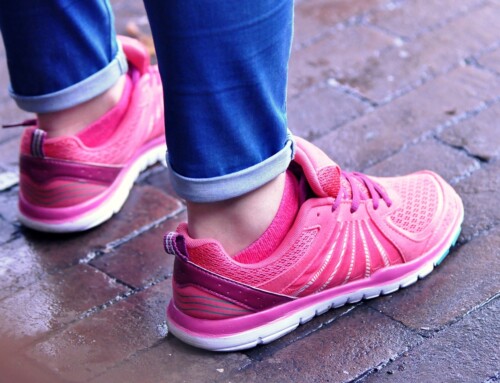As the summer of 2023 continues to deliver record breaking temperatures, dehydration is a very real concern for everyone in Florida – but especially seniors. Dehydration takes place when the body doesn’t receive necessary fluids in the cells and blood vessels. Fluids are primarily depleted through urination and sweating, and typically the body can replenish these fluids. But if an senior adult continually loses more fluids than they take in, dehydrationis the result. Senior citizens are more vulnerable to dehydration because the body’s systems become less efficient as we grow older.
Did You Know? Older adults experience fewer thirst signals than their younger counterparts, meaning they may not be aware that they are becoming dehydrated.
Seniors succumb to dehydration more often for other reasons as well, including:
- Urinary continence issues which make seniors afraid to drink additional fluids
- Cognitive problems may result in seniors forgetting to drink enough throughout the day
- Mobility issues can make it difficult for seniors to get themselves a drink when they need one
- Swallowing difficulties can make drinking uncomfortable
- If sick, vomiting diarrhea can result in an imbalance of fluids
- Prescription medications (especially diuretic medications) may elevate dehydration risk
Visible Signs of Dehydration
While the following symptoms are often related to dehydration, it is essential to note that in and of themselves, they may not only mean the condition is present. It is always recommended that you follow up wit ha physician as soon as possible.
- Dry mouth
- Dry armpit skin
- Rapid heart rate
- Low systolic blood pressure
- Dizziness and weakness
- Uncharacteristic delirium or confusion
- Infrequent urination, dark-colored urine
- Appearance of sunken eyes
If you’re worried that your senior family may be succumbing to dehydration, ask them to drink some water or juice and monitor for improvements within 10 minutes. If they do seem to recover and look better, they were likely only in the beginning stages of dehydration. For a complete diagnosis, lab bloodtesting is the most effective way to determine their health situation. A medical evaluation for potential dehydration should also include a physical exam.
Is Dehydration Really Dangerous for Seniors?
In addition to the symptoms above, there are other potential dangers that may arise from dehydration.
- Weakness and kight-headedness can cause falls, especially in an elderly population.
- Those living with Alzheimer’s or other types of dementia may exhibit a noticeable decline in cognitive skills.
- The kidneys may become less efficient rather quickly. In the most serious cases, acute kidney failure is possible.
- Constipation and kidney stones are also associated with being severely dehydrated.
How You Can Help Your Loved One
- Make drinks available often, preferably on a regular schedule.
- Provide favorite beverages to encourage more drinking. Fruit infused waters are a great choice.
- Focus on encouraging smaller, more frequent drinks instead of providing a large drink they may not be able to finish.
- Talk about and address any urinary incontinence that may occur to ease shame or frustration.
Once dehydration reaches a moderate status, it is most often treated with intravenous hydration. This will require a trip to urgent care, the emergency room, or even the hospital. Some adult living residences or assisted living facilities may also provide fluid through a small IV needle. Severe dehydration is likely to require professional intervention to support the kidneys.
If you or a loved one is concerned that dehydration may be an issue, don’t hesitate to call your physician.
A Banyan Residence is an assisted living and memory care facility located in Venice, Florida. We are dedicated to providing a fulfilling, safe and healthy lifestyle to our residents. If you are looking for a senior living solution, give us a call today to set up an appointment for a tour.







